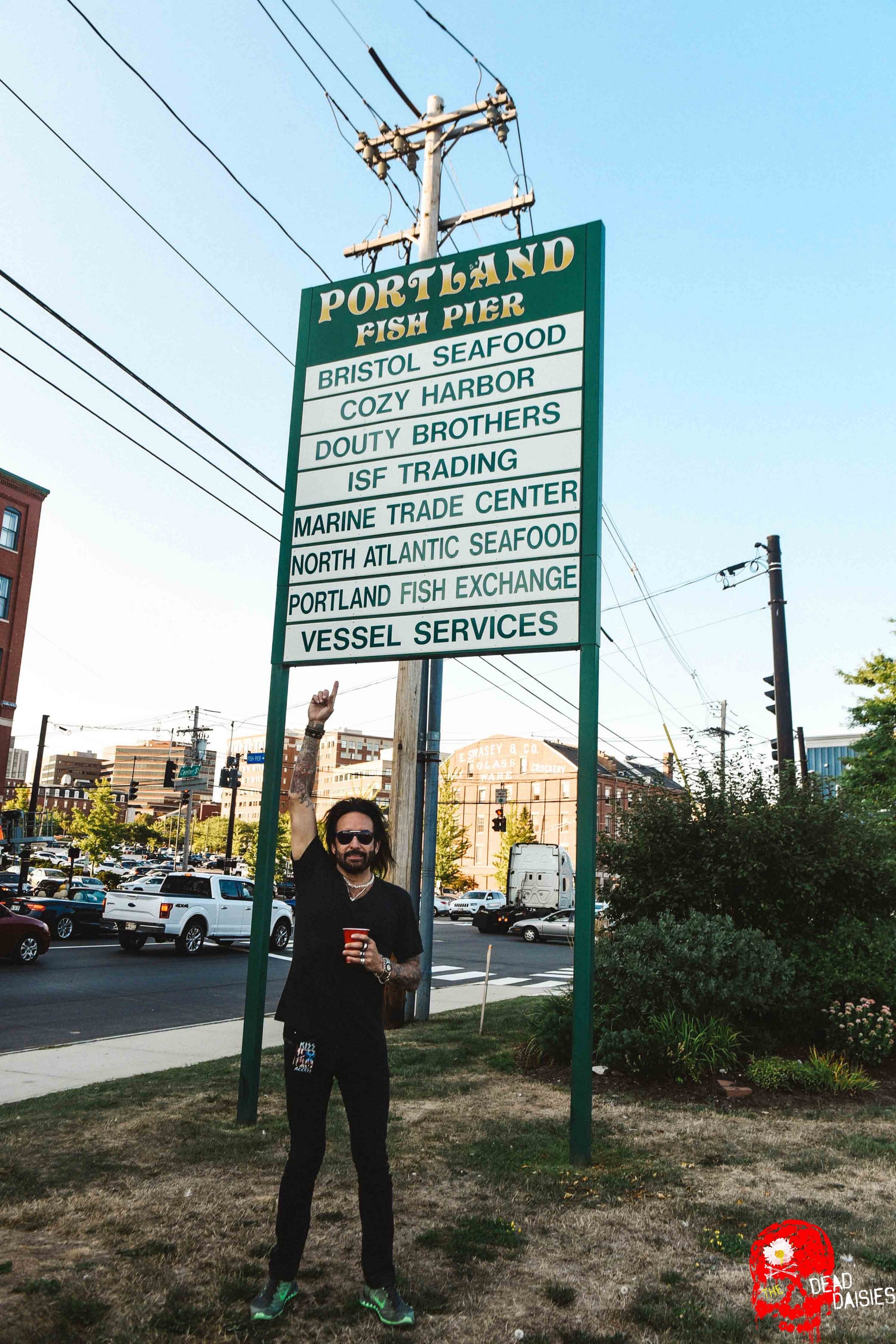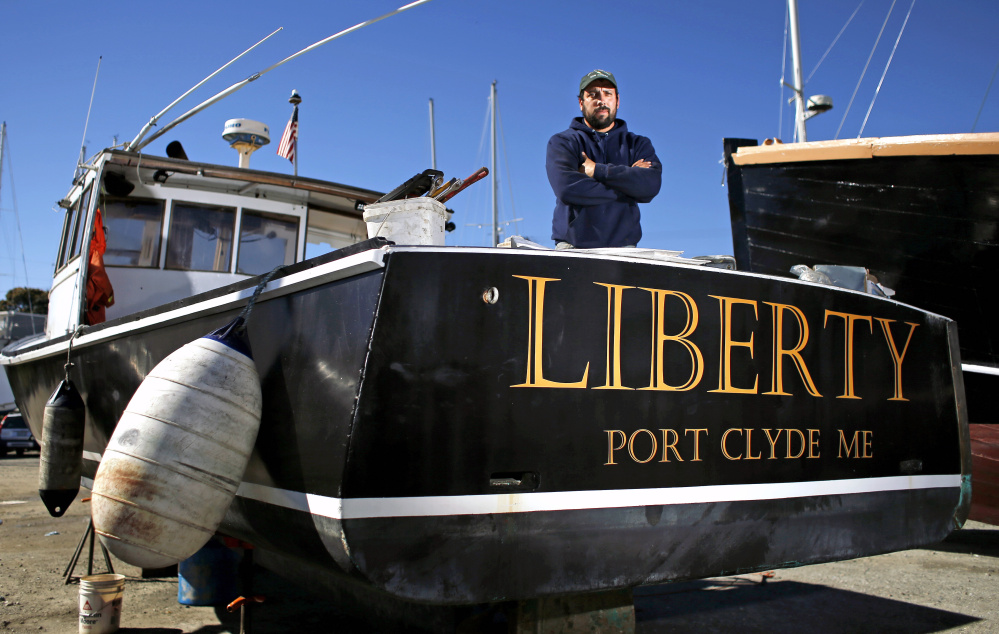Hutch Starskey
Diamond Member
- Mar 24, 2015
- 34,730
- 8,819
- 1,340
god is racist. he created every race with distinct features.
yea i said it!
Yet all human.
Follow along with the video below to see how to install our site as a web app on your home screen.

Note: This feature currently requires accessing the site using the built-in Safari browser.
god is racist. he created every race with distinct features.
yea i said it!
Don't worry. A few outlets started (wishfully) wondering if he might after he made an apology on the radio this morning, but he has since clarified that resigning is NOT what he is planning to do.
Republicans in charge had a come to Jesus talk with him last night and no one knows exactly what's up, but apparently resignation is not an option.
Maybe he's a drinker?
In the paper this morning, he was quoted as saying something like "I will be talking to my close friends and family members" to decide what to do after that meeting with Republican leaders. Why would you do that just about making an apology?
There's more to this.
god is racist. he created every race with distinct features.
yea i said it!
god is racist. he created every race with distinct features.
yea i said it!
Race came about through human evolution and adaptation to different climates on the planet.
What was Chris Brown doing in Maine?Crooked Chris Brown arrested for assault with a deadly weapon! Sane Paul LePage was right!
Of course racism isn't in the best interest of anywhere. I didn't say I agreed with him; I sure as hell didn't vote for him either time. But he is genuine; HE earnestly believes he is doing what is best for Maine. He is not a self-serving pol looking for advancement to a higher office in the future. That means something in my book. He actually has nothing against black and Hispanic people who are law abiding citizens. His hatred is for drugs and the people who sell them. He sees gang members coming up here and it pisses him off.Even though Maine is mostly whiteHe gets $70,000 plus, along with a company limo and a nice house. Ann is a nice woman, and you guys aren't getting it: despite his Tea Party politics, LePage earnestly believes he is doing what is best for Maine. He is just going off the rails, even for him.McSeagulls in Boothbay Harbor. Sorry. It also dashes my theory to hell. Boothbay is only an hour's drive from Augusta, so she could commute. Dang. Thought I was on to something juicy.I didn't know that his wife was a waitress in Bar Harbor for the Summer! Where at, do ya know?Wrong that he's not resigning? Decide which side you're on. I have a lively imagination, yes, sometimes. I even wonder now if the reason his wife went to Bar Harbor to waitress for the summer was because old Paul went off on her, too, and she drew the line.
Interesting. Have no idea if it's too many martinis, but something isn't right. He should get some help.
Yeah, something is up with him, he definitely needs some kind of help, if we are lucky, he will check himself in somewhere....for 6 months!!!
I saw a news story on that where she has to waitress because you guys pay your governor so little
She seemed like a nice lady. I don't see how she ended up with a creep like LePage
I don't think racism is in the best interest of Maine






What is this article supposed to prove? Why are you so interested in shitting on Maine?This lobsterman's boat was sunk 3 times in 7 weeks. He says he knows who did it.

Tony Hooper, who has lobstered out of area harbors on and off for years, says he knows who sank his 35-foot lobster boat, Liberty, three times in seven weeks: a fellow fisherman operating out of Port Clyde, one of three villages that constitute this peninsular town that extends 15 miles south of Rockland.
The fisherman, Hooper alleges, turned a routine dispute over the placement of lobster traps into an ongoing drama that’s turned heads up and down the Maine coast. “The guy has a personal grudge against me, and I don’t know why, because I’ve never done anything to the guy,” Hooper says. “He’s just a young, arrogant kid who didn’t like it when I called him out for messing with my traps.”
Boat sinkings are rare in the Maine lobster fishing community, but when they occur they often result from disputes between lobstermen from different harbors over fishing turf. But sinking the same lobsterman’s boat three times in quick succession – once on the very night it was repaired and put back on its mooring – is extremely rare.
“I’ve never heard of such a case ever,” says James Acheson, a University of Maine anthropologist who for 40 years has studied the ways lobstermen defend their territories and wrote the seminal book on the subject, “The Lobster Gangs of Maine.” “I would emphasize that this is very, very unusual and very serious, and no fooling matter. There’s real hate behind this.”
The Marine Patrol, the enforcement branch of the Maine Department of Marine Resources, is investigating the sinkings and has offered a $2,000 reward for information leading to the arrest of anyone involved via Operation Game Thief, a nonprofit that operates a confidential game poaching reporting hotline. “This is a senseless act that has happened to one of our own,” Operation Game Thief board chairman Greg Sirpis said in an Oct. 5 statement. “This simply will not stand.”
Hooper says he found Liberty 30 feet underwater at its mooring in Port Clyde on the morning of Aug. 17, the sea hoses having been cut to let in water and the bilge pumps ripped out. After $30,000 in repairs and lost revenue, Hooper got the boat back on the water Sept. 26, only to find it washed up on one of the small islands at the entrance to the anchorage two mornings later, again with hoses and pumps sabotaged.
“Luckily it wasn’t fully submerged that time. It was awash, so I got the water out and the engine started and was all set to go again,” says Hooper, who himself has 17 convictions ranging from disorderly conduct to habitual offender drunken driving. The first night it was back on its mooring – Sept. 30 – somebody sabotaged it a third time, resulting in it being washed up on another island a half-mile away. “This time they cut all my hoses and all my wiring. The guy went through the boat and cut it to pieces.”
NOBODY WANTS TO TALK
Despite – or possibly because of – the severity of the crime, nobody seems to want to say anything about it at all.
Patrice McCarron, executive director of the Maine Lobstermen’s Association, which represents many of the state’s lobster fishermen, did not respond to requests for comment on the case, or to discuss whether there are any territorial disputes brewing in and around the St. George peninsula.
The association’s board chairman, Dave Cousens, who lobsters out of nearby South Thomaston, also declined to comment via an MLA spokesperson. Gerry Cushman, a lobsterman in Port Clyde who also sits on the MLA board, did not respond to interview requests.
Several patrons eating lunch the other day at the counter at the Port Clyde General Store, which fronts the harbor where the sinking took place, said they didn’t know anything about it.
Several other local lobstermen declined to speak, some citing concerns that they would become targets. One said there were no serious territorial disputes going on in the area and that they believed the conflict behind the incidents was personal rather than professional.
This year has not been unusual in regards to territorial tensions, Marine Patrol Col. John Cornish said in an email to the Maine Sunday Telegram. “Each year there are pockets where these gear-cutting confrontations take place,” he said, adding that there had been an uptick in the area around St. George and Rockland. But statewide there have been only three trap molestation charges issued by the Marine Patrol so far in 2016, compared to an average of six per year since 2009.
Apart from Hooper’s boat, only one other lobster vessel has been intentionally sunk this season, also in St. George. The Marine Patrol has arrested three men in connection with the Sept. 1 sinking of Joshua Hupper’s 36-foot lobster boat, Oracle, an incident they believe is unrelated to the Hooper sinkings. On Oct. 5, the Marine Patrol arrested lobsterman Alan Norwood, 47, of St. George, alleging he had hired two younger men to sink the Oracle, Vincent Hilt, 22, of Vinalhaven and Devlin Meklin, 20, of Warren.
Traditionally – but not sanctioned by law – Maine’s seafloor was divvied up into informal territories, each belonging to a particular harbor and the lobstermen who fish from there. Anyone wishing to fish out of a given harbor had to receive the acceptance of the lobstermen there, or else they would often find their traps emptied, their buoys cut away or the whole lot of them gone entirely during the next “killer fog.” Those who persisted sometimes found their boats sunk.
Fishermen from a given harbor also defended their lobster grounds from incursions by rivals from other anchorages using similar tactics. Occasionally these disputes have escalated into full-on “lobster wars,” as in the 1930s, when fishing docks burned to the ground and several fishermen were shot, or in the late 1990s, when Friendship and Monhegan Island lobstermen clashed over winter access to that island’s grounds.
Since 1995, state law has divided the coast into seven management zones, each subdivided into districts, with lobster license holders in each playing a role in managing the local fishery. This hasn’t eliminated conflicts. The Marine Patrol receives dozens of trap molestation complaints every year, Col. Cornish said, and more than 1,500 traps were cut in just two days last month around Stonington, now one of the state’s leading lobster ports. In 2009, three boats were sunk at Owls Head and one Matinicus Island lobsterman shot and injured another in a confrontation over cut traps.
MYSTERY IN PORT CLYDE
It’s not clear why Tony Hooper’s boat keeps being sunk. The 37-year-old is no interloper. He lives in a part of St. George locals consider to be associated with the village of Tenants Harbor, but he’s fished out of Port Clyde on and off for about a decade, with one winter lobstering from nearby Monhegan.
Hooper’s lobstering career has been interrupted several times while he served jail sentences for drunken driving and domestic violence assault. He has 17 convictions connected with 11 incidents going back to 2000, including for assault, criminal threatening, eluding an officer, violating terms of release, and habitual offender drunken driving, according to his criminal record.
Most recently he served a one-year sentence for operating a vehicle after a habitual offender revocation that began in March 2015, meaning he would have been returning to fishing this season after an absence. Hooper said his past legal troubles and the sinkings are unrelated.
“There’s really no need of it,” he says of the sinkings. “When I first started 20 years ago, if you had a dispute with a guy you went and talked to him and worked it out. … Now I’m just trying to let the authorities handle it.”
Hooper, who has three kids including a baby born just before the second sinking of his vessel, says he’s received donations and other help from concerned neighbors and even fishermen farther afield.
“I’m extremely thankful for the outpouring of help from people in the community,” he says. “There hasn’t been much sleep in the past month, but I’ll be out on the water.”